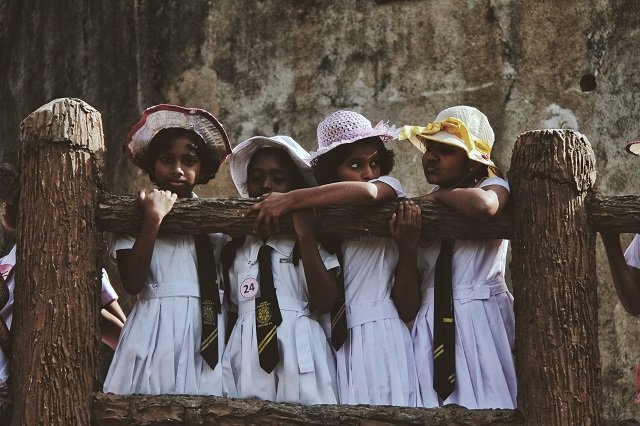Independent India, unfortunately, saw defence expenditure being relegated to the “non-plan” category, within the ambit of a Soviet-inspired, central economy.
by Asad Ali
India has world’s second largest military after China. Its defence spending is among top ten nations of the world. India’s quest for military moderanization is flourishing with every passing day, which is putting the peace of entire region at stake. Panic and warmongering approach of Indian government has engulfed not only India itself but entire region as well. The incumbent Modi government has been trying to reduce pension bill of armed forces and wanted to spend that money to buy sophisticated equipment. This idea was conceived by Indian first Chief of Defence Staff late General Bipin Rawat. He proposed short term induction in tri-services to reduce salaries and pensions bills. General Rawt’s idea grabbed Modi’s attention and the PM, after consultations with tri-services chiefs and Minister of Defence, has given final go ahead to the scheme named as Agnipath. It is pertinent to mentioned here that the recruitment process in Indian tri-services was halted three years ago due to the massive outbreak of Covid-19.
The Agnipath scheme has been announced recently by Indian Ministry of Defence in a press briefing. The scheme aimed at bringing transformational changes in Indian tri-services. Under the scheme, 45,000 youngsters will be inducted every year, they will serve for a period of four years. The new recruitment system, will bring in men and women between the ages of 17-and-a-half and 21 for a four-year tenure, with only a quarter retained for longer periods.
However, the scheme has triggered massive outrage in the country and people are staging agitations across the country and vandalizing the properties. The protests have turned violent and dozens of trains have been set on fire by the angry protestors. They are asking Indian government to roll-back the scheme and announced regular recruitment system instead of hiring youngsters for mere four years. Even retired military officers, politicians and other government officials have raised serious concerns regarding the scheme by saying that it will demoralize servicemen and may bring unprofessional people into the tri-services.
Independent India, unfortunately, saw defence expenditure being relegated to the “non-plan” category, within the ambit of a Soviet-inspired, central economy.
But rather than engage in a critique of this controversial project, which has already seen much debate, controversy and public disturbances, let me focus on two larger issues, which lie at the root of much that is wrong in our approach to national security.
The government of India, on the other hand, has neglected to undertake any such exercise, in the past 75 years. It has, thereby deprived itself, and the taxpayer, of a holistic, national security picture of: (a) Where we stand; (b) where do we want to go; and (c) how do we intend to get there? Unsurprisingly, India is amongst the few major powers which has failed to issue a National Security Strategy or Doctrine, and is consequently seen offering fumbling responses, to emergent threats as well as to financial stringency in the security domain.
Firstly, given the parlous security situation, on the country’s northern and western borders as well as the ongoing domestic turbulence, this is not the best time to cast the armed forces — already short of manpower — into turmoil, with a radical and untried new recruitment system. No matter how extensively the issue was discussed in meetings or on files, a radical change of this nature should have been subjected to a trial before service-wide implementation. Such a scheme, in its present form, is suitable only for the army, whose large infantry component is not excessively burdened with technology. In case of the navy and air force, it must be recognised that at least 5-6 years are required before a new entrant can acquire enough hands-on experience to be entrusted with the operation or maintenance of lethal weapon systems and complex machinery and electronics.
Indian armed forces have been degraded to just follow orders by Politico- bureaucratic bosses on whims and fancies. In conclusion, seeing the detritus of burnt trains, wrecked buses and social turmoil, often seen in the wake of many recent pronouncements, one is left wondering whether dissenting opinions are tolerated and contrarian advice accepted or given any weightage in our high-level decision-making forums?















Post a Comment